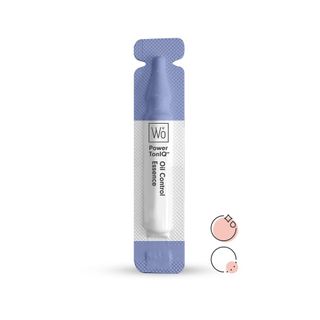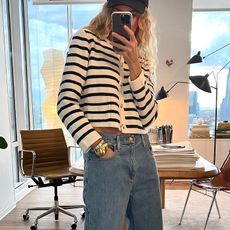I Have Acne, and I Think This New Skincare Trend Is Already Helping Me

There's a skincare trend that's emerging as one of the biggest we've seen in the industry in a long while: Personalisation. Over the past few months I've been lucky enough to talk to a whole host of skin experts, dermatologists, and brand founders, and it was the one theme that came up time and again. Just like their wardrobes, consumers are no longer satisfied with a one-size-fits-all approach to beauty, and it's paving the way for a new wave of skincare brands offering bespoke, tailor-made solutions for our specific skin needs.
As someone with acne-prone skin, this is music to my ears. I love skincare, but I'm well aware that for anyone dealing with more intense skin concerns—like acne, rosacea, or extreme sensitivity—experimenting with new beauty products can be a risky business. Often, the only real solution to deal with major skin issues is to consult a dermatologist, and with long NHS waiting lists and costly appointment prices, should you choose to go privately, it's an option which often feels totally unattainable.
But how do these personalised skincare brands actually work? Are they truly able to provide a custom skincare experience for consumers? Most importantly, do the products genuinely do anything? I caught up with Samantha Mang, senior vice president of brand & innovation at Function of Beauty, and Dr Malvina Cunningham, consultant dermatologist at new personalised skincare brand, And Begin, to ask them all my burning questions before putting some of these trending skincare brands to the test.
What has led to the rise in personalised skincare brands?
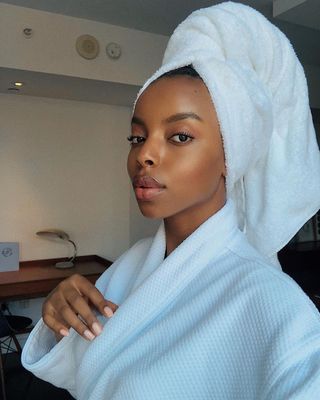
When most new beauty brands launch, it's usually to fill a gap in the industry—a shampoo formulated for hair textures that have been undercatered for or a hair tool utilising innovative new technology, for example. With personalised skincare, it's different. Rather than providing a missing solution, brands are combatting an overabundance of one thing: choice.
"We've spoken to a lot of people in the course of our product development, and the answer is always the same—the skincare category can be overwhelming to navigate," explains Mang. "We’re aiming to help you achieve your skin goals and address your skin concerns by customising three simple yet complete products."
Cunningham agrees. "The skincare market is abundant with products, and it is difficult and confusing to navigate through it and to know what is most suitable for your skin. Personalised skincare brands combine expert knowledge and technology making effective personalised skincare accessible to all."
Even as a beauty editor with access to the best skin specialists and brand experts, I can find it difficult to navigate an industry that's constantly clamouring to promote trending ingredients and new formulations, so this desire for a more pared-back yet efficacious approach to skincare makes perfect sense to me.
Is it possible to provide a genuinely personalised product to consumers?
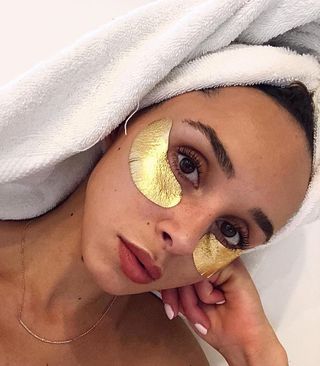
To me, bespoke beauty is expensive business. So while personalised skincare sounds good on paper, I'm keen to know to what extent these brands can genuinely offer a tailored beauty experience. Of course, it isn't possible to speak on behalf of every brand, but Mang is vehement that Function of Beauty "guarantees a personalised product for every consumer."
"When we launched Function of Beauty, we knew that if we couldn't figure out how to automate our customisation, we would never be able to meet consumer demand," explains Mang. "We’ve built a first-of-its-kind custom production system to fill each order. We can 100% guarantee a personalised product for each and every customer, and every bottle has your name printed on it. We start making your products from scratch when you finish the quiz."
I have to admit, it all sounds very impressive. But what about dealing with those more difficult-to-treat skin issues that I touched on earlier? Basically, I want to know if personalised skincare brands could be the acne solution that I've been waiting for.
What are the benefits of a customised skincare routine when it comes to tackling skin issues like acne?
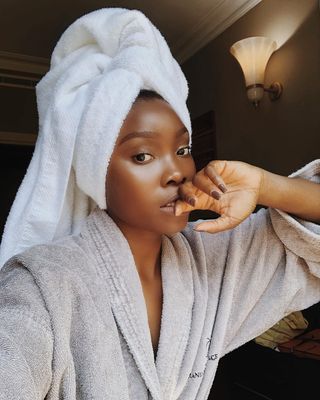
"The trouble with dealing with something like acne is that most products are formulated to address that one concern, whereas, in reality, you probably have more concerns than that," says Mang. "Our custom skincare products help you achieve up to three skin goals in one simple, three-step routine."
So how does that actually work in practice? It's all about the ingredients. Most personalised skincare brands will encourage you to complete a quiz in order for the team to understand more about your skin type and complexion goals. By understanding your goals, the team are able to formulate your products with specialised ingredients to target specific concerns.
"For example, you can focus on acne if you select ‘reduce breakouts’ [and will receive products] which contain niacinamide and salicylic acid," explains Mang. "In our pre-launch consumer panel, 85% of respondents said their custom skincare regimen helped them achieve their skin goals."
What's next for personalised beauty?
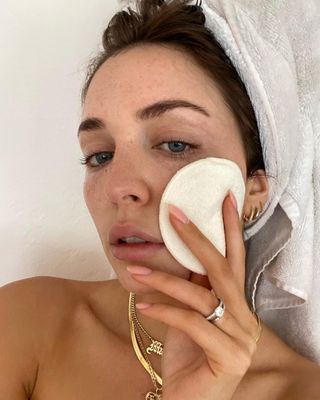
Founded in 2015, Function of Beauty is one of the OG personalised skincare brands, but 2024 is the year that this concept is really starting to take off as more brands begin to emerge and consumer awareness grows. So what does the future of personalisation look like?
"From haircare to bodycare and to skincare, customers have more options to choose from than ever before," agrees Mang. "Beauty is inherently very personal and… Product personalisation allows individuals to celebrate their own unique beauty rather than encouraging them to conform to a set of ideals. Collectively, we’re setting new standards for beauty."
So do personalised skincare brands actually work?
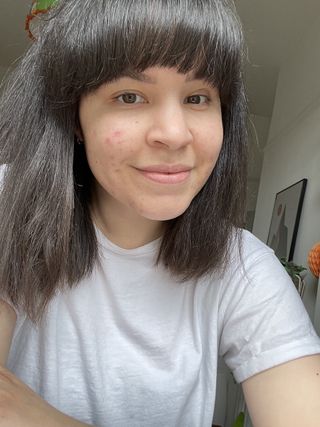
Mica Ricketts before starting her personalised skincare routine.
For the last few weeks, I have been using a combination of the Function of Beauty three-step skincare routine along with the Skin + Me Daily Doser—a personalised skin treatment prescribed by a dermatologist following an online quiz and assessment of images of your skin. I must stress here that it takes approximately six weeks for our skin to move through a full cycle of renewal. With this in mind, experts usually advise that it can take around eight weeks to see any true, visible changes in our skin when trying new products. But my first impressions are genuinely good.

Mica Ricketts after four weeks of using her personalised skincare routine.
Although the changes between these photos might look minor, for me, they are proof that this personalised skincare routine is working. Redness is slightly reduced, I don't have any active breakouts, which is rare, and I'm even seeing some improvement in hyperpigmentation left behind by old blemishes. Overall, my skin tone is starting to look even, and my skin actually feels smooth to the touch.
"Personalised skincare takes into account a number of parameters including skin type, skin concern, previous skin treatment and environmental exposures to ensure the product is formulated accordingly," explains Cunningham. "It uses the most appropriate evidence-based ingredients to target common skin concerns for the best outcomes."
It's early days still, but if this is the future of skincare, then I'm all in.
Shop the best personalised skincare brands:
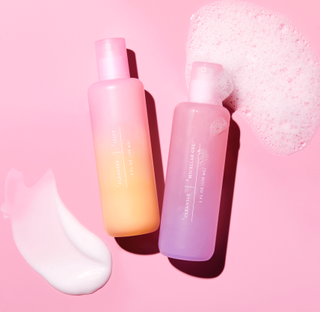
Choose between a micellar gel or jelly formulation, depending on your preferences, and let the Function of Beauty team add the targeted skincare ingredients to suit your complexion's requirements.
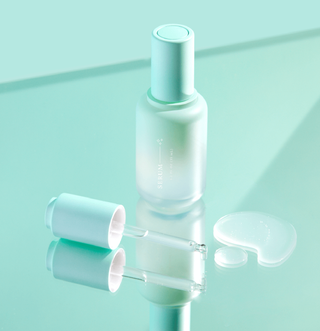
"Our customisable three-in-one serum helps you achieve three skin goals with just one bottle," explains Mang. "We offer one customised serum that takes all of the guesswork out of choosing ingredients or trading one goal for another."
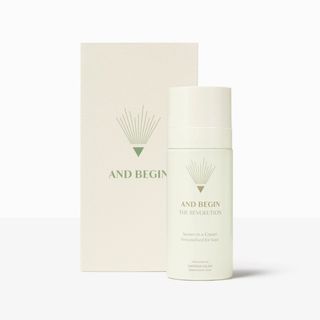
"And Begin is a personalised skincare brand that formulates for midlife skin," explains Cunningham. The brand targets common skin issues such as hydration, luminosity and texture as well as common skin conditions such as acne and rosacea. This personalised nightly serum-in-a-cream delivers prescription actives at the right levels for your skin concerns.
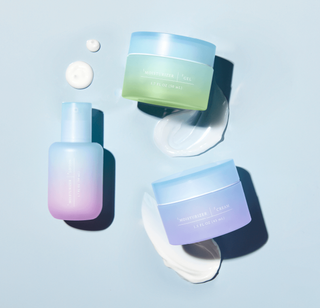
With lotion, gel, and cream formulations to suit every complexion, this personalised moisturiser contains lots of core hydrating ingredients to provide a nourishing base for your more specific skin needs.
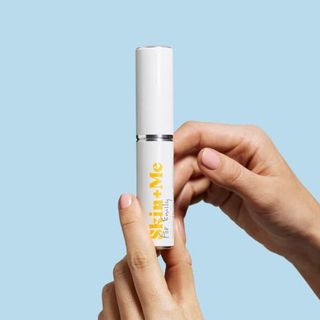
Knowing that genuine dermatologists work at Skin + Me to prescribe these treatments means that you really trust this product. Mine is currently a mix of 2% azelaic acid to unblock pores, 1% clindamycin to target acne-causing bacteria, and 4% niacinamide to improve the appearance of fine lines and regulate oil production. I'm seriously impressed.
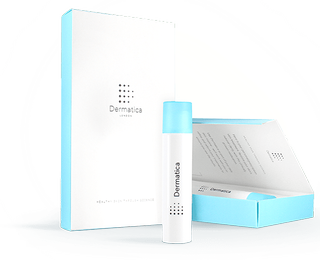
Here's another dermatologist-run skincare brand that I'm yet to try but have heard great things about. The brand will provide personalised solutions for everything from rosacea to hyperpigmentation.
This story was published at an earlier time and has since been updated.
-
 The $8 Face Oil Kendall Jenner Uses to Prep Her Skin for French-Girl Makeup
The $8 Face Oil Kendall Jenner Uses to Prep Her Skin for French-Girl MakeupPlus, her favorite anti-acne face wash.
By Kaitlyn McLintock
-
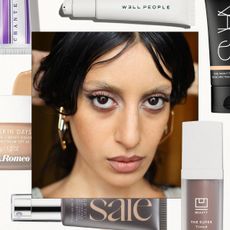 These Undetectable Tinted Moisturizers Actually Meet Our Super-High Standards
These Undetectable Tinted Moisturizers Actually Meet Our Super-High StandardsThey won't let you down.
By Maya Thomas
-
 I'm Heading to NYC for 72 Hours—18 On-Sale Sephora Staples I'm 100% Packing
I'm Heading to NYC for 72 Hours—18 On-Sale Sephora Staples I'm 100% PackingI'm scrambling for these savings.
By Maya Thomas
-
 I Try a Lot of Skincare Devices, But None Give a Lift and Glow Quite Like This One
I Try a Lot of Skincare Devices, But None Give a Lift and Glow Quite Like This OneSeriously, it's worth the investment.
By Shawna Hudson
-
 I Tried This Viral K-Beauty Brand After Discovering It on TikTok and Never Looked Back
I Tried This Viral K-Beauty Brand After Discovering It on TikTok and Never Looked BackEverything is so good.
By Shawna Hudson
-
 I'm Taking Back-to-Back Work Trips—32 Beauty Staples I Never Leave at Home
I'm Taking Back-to-Back Work Trips—32 Beauty Staples I Never Leave at HomeThey're ALL complete necessities.
By Shawna Hudson
-
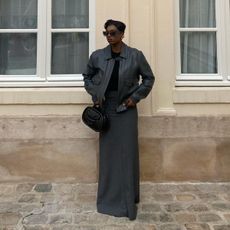 I Prepare for Sephora's Savings Event Like It's a Marathon—Here's What's in My Cart
I Prepare for Sephora's Savings Event Like It's a Marathon—Here's What's in My CartPlease approach the starting line.
By Shawna Hudson
-
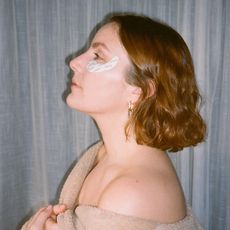 Hard Water Can Do a Number on Your Skin—Here's What to Do About It
Hard Water Can Do a Number on Your Skin—Here's What to Do About ItProblem solved.
By Shawna Hudson
